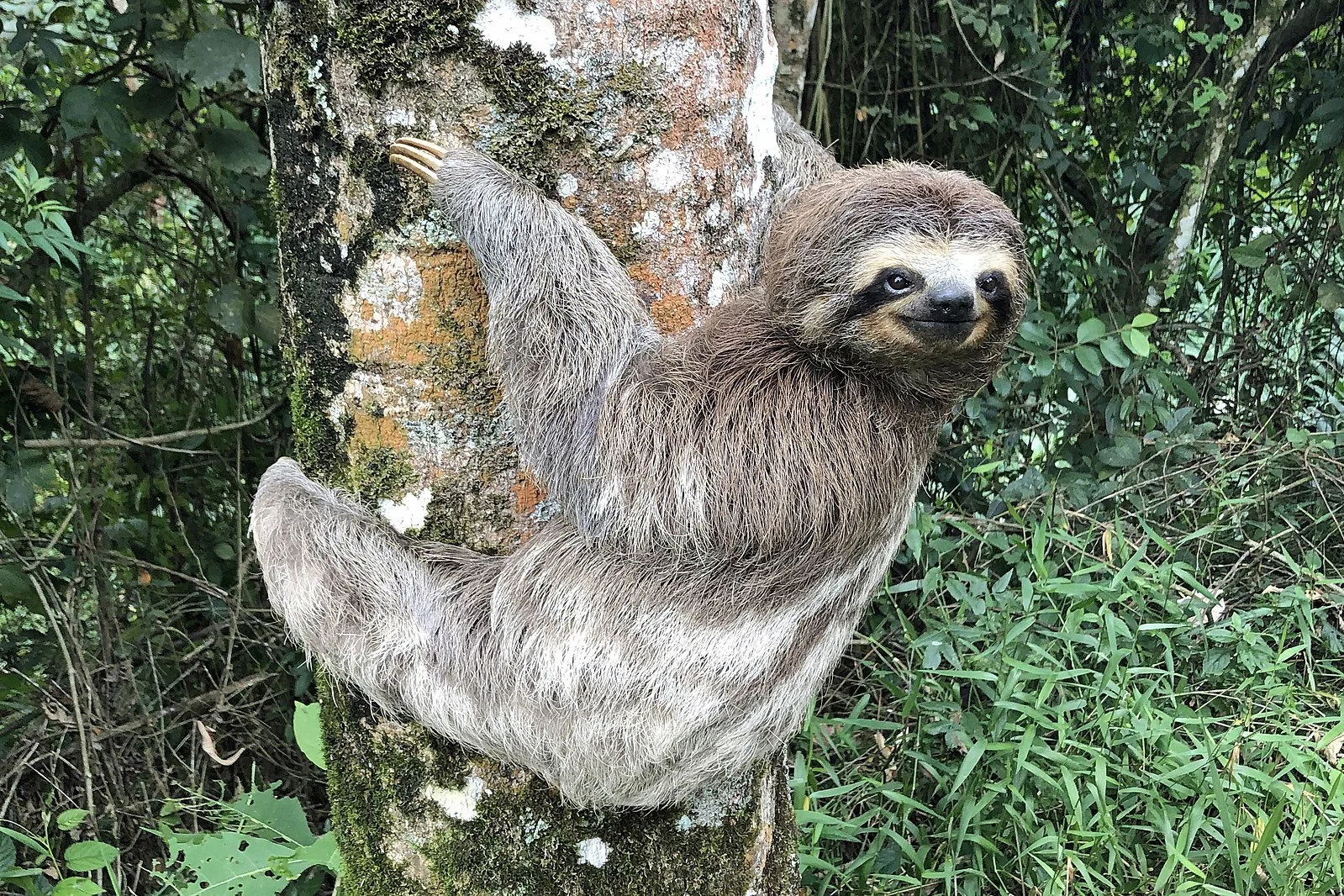Why are mosquitoes so loud?
The short answer
Mosquitoes are loud because they beat their wings extremely fast (~500 times per second), and we perceive them as louder since they fly close to our ears, attracted by the CO₂ we exhale.
The long answer
So tiny, yet so loud.
Mosquitoes' distinctive drone may not be a welcome addition to the sounds of summer, but they continue buzzing regardless of their unpopularity. Here are two main reasons why mosquitoes are so noisy to us:
Reason #1: Mosquitoes flap their wings super fast.
The noise mosquitoes make is a result of their rapid wing beats. A female mosquito beats her wings approximately 500 times per second. Their fast flapping generates a buzz with a frequency of 450-500 Hz, corresponding to the musical note A. Coincidentally, this pitch happens to be the same note that an orchestra tunes itself to before a concert.
Other flying insects also beat their wings quickly, but not as fast as a mosquito. For comparison, here's how fast some other insects flap their wings:
Honey bees: 230 times/second
Flies: 200 times/second
Ladybugs: 85 times/second
Dragonflies: 30 times/second
Butterflies: 10 times/second
Mosquitoes flap their wings so rapidly partly to create a sound that attracts mates. Female mosquitoes buzz faster than males to create their trademark drone, and the male mosquitoes love it. So much so that if you play a tuning fork at the musical note A, male mosquitoes will fly around frantically search for the female mosquito they believe is present.
In short, we notice mosquito noise because they are louder than many other common insects.
Reason #2: Mosquitoes are attracted to CO₂, so they fly in your face.
Another reason we often hear mosquitoes buzzing around is because of perspective. They tend to fly close to our face, making it easier to hear them.
Female mosquitoes can sense CO₂ and will seek its source once they detect it. We happen to breathe out CO₂, so mosquitoes get all up in our face, and this close proximity to our ears makes their buzz far more noticeable.
🦟 Other interesting mosquito questions
Why do mosquitoes need blood?
Only female mosquitoes suck blood. Female mosquitoes need more protein than males in order to lay their eggs. We don't often hear male mosquitoes because they're busy feeding off of nectar and plants, leaving humans alone.
Why are mosquitoes more attracted to some people and not others?
Not to brag, but I was once nicknamed the "Snow White of Insects" because of how much bugs, including mosquitoes, enjoy my company. It turns out there are a lot of reasons why some people, like me, are more attractive to mosquitos than others:
Body heat: Mosquitoes are attracted to heat, so you may find you get more bites when you're exercising or just tend to "run hot."
CO₂: Since CO₂ is a big draw for mosquitoes, it makes sense that people who expel more CO₂ are more attractive to them. This can happen if you're heavy breathing during a workout, are a bigger person, or if you're pregnant (fun fact: people in late pregnancy exhale a 21% greater volume of breath).
Sweat: Mosquitoes can sense compounds like lactic acid and ammonia found in sweat. So if you sweat more than the average person, you're going to be a target for mosquitoes.
Diet: People who eat potassium-rich foods have been found to be more susceptible to mosquito bites than others. In particular, eating a banana has been correlated with more mosquito bites.
Dark clothing: Mosquitoes use their eyes to find places to land and bite. They tend to land on green and black surfaces, suggesting they can see these colors more easily. Wearing dark-colored clothing makes you more noticeable to mosquitoes.
Alcohol: It's unclear in the research exactly why, but alcohol consumption has been linked to more frequent mosquito bites.
Curious about how the world works?
Today You Should Know is a free, weekly email newsletter designed to help you learn something new every Friday.
Subscribe today 👇
Check out some other curious questions:
Sources
Breyer, M. (2024, January 28). 9 Reasons Mosquitoes Bite Some People More Than Others. Verywell Health. https://www.verywellhealth.com/reason-mosquitoes-bite-some-people-more-others-4858811
California Academy of Sciences. (2011, November 21). How do Flies Fly?. California Academy of Sciences. https://www.calacademy.org/explore-science/how-do-flies-fly
Kish, S. (2021, May 31). Why do mosquitoes buzz in our ears?. LiveScience. https://www.livescience.com/why-mosquitoes-buzz-near-ear.html
Monahan, P. (2016, March 18). Posture and waggle control butterfly flight. Science. https://www.science.org/content/article/posture-and-waggle-control-butterfly-flight
MosquitoNix®. (2022, May 9). Why Mosquitoes Buzz. MosquitoNix®. https://mosquitonix.com/blogs/news/why-mosquitoes-buzz
MosquitoNix®. (2020, November 18). Male vs. Female Mosquitoes: What’s the Difference? MosquitoNix®. https://mosquitonix.com/blogs/news/male-vs-female-mosquitoes-whats-the-difference
North Shropshire Beekeepers’ Association. (n.d.). Bee Factoids. North Shropshire Beekeepers’ Association. https://nsbka.org/index.php?option=com_content&view=article&id=1060%3A200-beats-per-second&catid=97%3Afactoids&Itemid=1461
Ramsey, M. (2015, February 12). Ladybug, Ladybug, Fly Away Home. The Real Dirt Blog. https://ucanr.edu/blogs/blogcore/postdetail.cfm?postnum=16775
Shepard, D. (2019, May). Pretty little predators. Montana Outdoors, 17–21. https://fwp.mt.gov/binaries/content/assets/fwp/montana-outdoors/dragonflies.pdf




It’s like an American accent but with calendars.